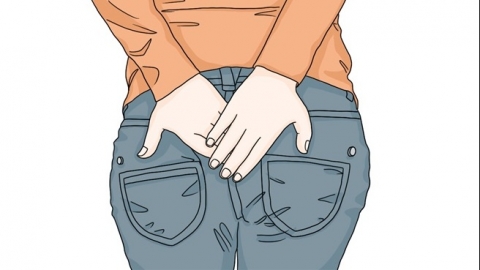Can I eat lychee if I have hemorrhoids?
Hemorrhoids generally do not preclude eating lychee, but the quantity should be controlled and your physical condition monitored. Detailed analysis is as follows:

If the hemorrhoid symptoms are stable, eating a small amount of lychee generally will not significantly affect the condition. Lychee is rich in vitamins and sugars; moderate consumption can replenish energy, and as long as it is not consumed in large quantities over a prolonged period, it generally will not cause heatiness or constipation, thus having minimal impact on hemorrhoids. At this time, consuming other heat-clearing foods can reduce the warming effects of lychee.
When hemorrhoids are in an acute phase, with symptoms such as swelling, pain, or rectal bleeding, or if one is prone to heatiness or has a tendency toward constipation, eating lychee is not recommended. Lychee has a warm and hot nature, and excessive consumption may easily lead to excessive internal heat, triggering or worsening constipation. Constipation increases anal pressure due to straining during bowel movements, thereby aggravating hemorrhoidal congestion and potentially increasing discomfort such as pain and bleeding.
Individuals with hemorrhoids should assess their symptoms and physical constitution before consuming lychee. Intake should be limited to no more than five lychees at a time, and lychee should not be eaten on an empty stomach. After consumption, one may appropriately drink some lightly salted water or consume cooling fruits. If constipation or worsened hemorrhoid symptoms occur, consumption should be stopped immediately and dietary adjustments made.









